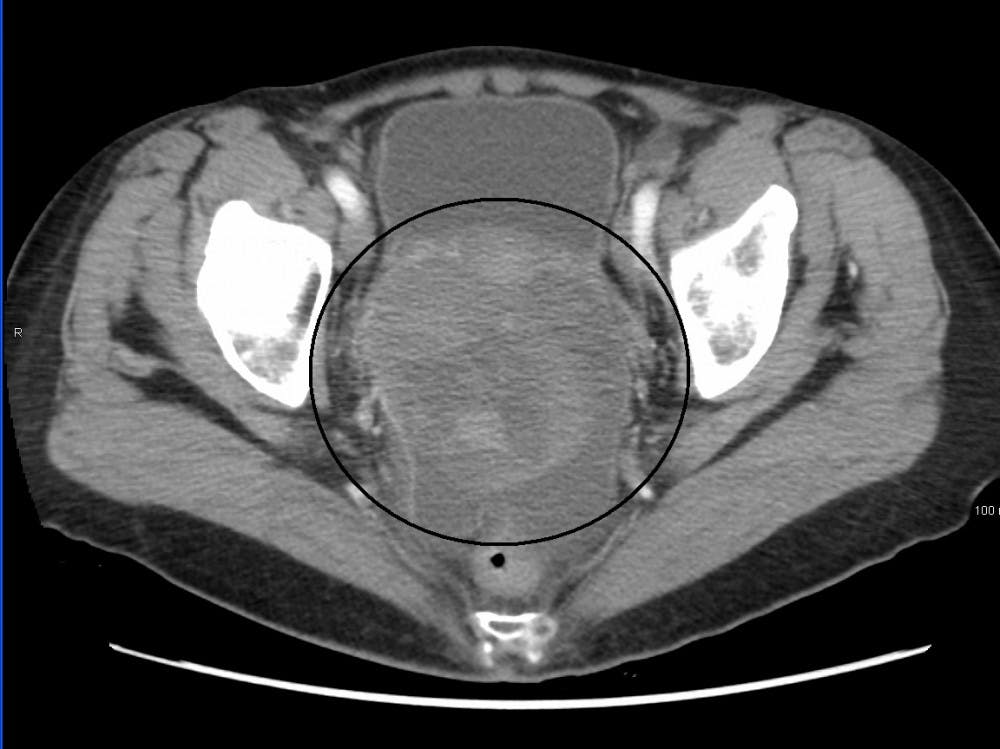Tampons could help detect early-stage ovarian cancer, according to a pilot study led by a University medical researcher in collaboration with colleagues at Johns Hopkins University and University of Alabama at Birmingham.
The study, published in the journal “Obstetrics & Gynecology,” aimed to “develop a highly sensitive test for picking up mutations,” according to principal investigator Dr. Charles Landen, Jr., a gynecologic oncologist and an associate professor of obstetrics and gynecology at the Medical School.
Ovarian cancer accounts for only three percent of all cancers among women, but it is the most deadly cancer affecting the female reproductive system. In the United States, there will be about 22,000 women diagnosed with ovarian cancer during 2014, and about 14,000 women will die of the disease, according to the American Cancer Society.
“A lot of the ovarian cancer cells originate in the fallopian tube," Landen said. "If those cells are shed from the inside of the fallopian tube and make their way inside the vaginal cavity, it’s highly possible to pick up mutations while in the pre-cancer stage."
The researchers recruited 33 female patients undergoing surgery for a pelvic mass and asked them to insert a tampon the night before their surgery. Eight women had high-grade ovarian cancer, and three of the eight women had had their fallopian tubes tied, with no gene mutations detectable in their vaginal fluid. But of the five with intact fallopian tubes, three women — 60 percent of those with high-grade cancer — had tumor DNA in the cells trapped in tampons.
“For our next steps, we want to see if we can work on the test and improve the sensitivity of detection," Landen said. "We plan to use these tests in a population that is in its early or preferably pre-cancer stage. We need to pick up the tumor before it becomes cancerous. … [The cancer] is 90 percent curable if it’s still in the ovary.”
Since ovarian cancer is much less prevalent than other cancer types, it can be difficult to diagnose. No screening test has been accurate enough to effectively detect ovarian cancer.
“Because there are either no symptoms or non-specific symptoms like heartburn, bloating or weight gain, patients blame [the symptoms] on something else,” Landen said.
According to the ACS, only about 20 percent of ovarian cancers are found at an early stage, when it is most treatable. For this reason, Landen suggests women seek a doctor if they
have any symptoms.
“Most patients find out they have [ovarian cancer] at stage [three],” Landen said.
At this stage, the cancer has spread beyond the ovary, and cure rates are considerably low.
The results of this pilot study lay the foundation for further investigation in early detection of cancer for future studies. Landen said a study at the University will be initiated next month.







